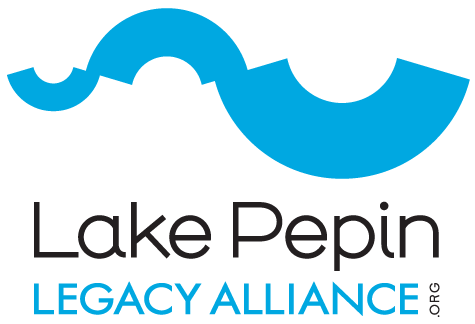By: Claire Hinther, St. Olaf ‘19
With my research coming to an end, I have been reflecting upon my experiences—what I have learned and what I want to do with my new perspectives as I move forward. In considering my research on water quality, I have learned that the need for clean water is not fundamentally a political issue.
I entered my research with the assumption that farmers would be very politically and ideologically divided when it came to questions of water quality. To some extent this is true, but in conversations with rural folks I have found that regard for the land, water resources, and human and animal inhabitants is generally high across the board. Although not all farmers actively protect water through their farming practices, it is worth noting that many are very open to stewardship as a concept. This openness is a perfect place to begin discussions about actively serving the land through sustainable farming practices and water quality protection.
Water management in agricultural areas is essential, not only because of its implications for local residents, but also because agricultural runoff can have significant effects on downstream communities. Untreated nutrient and sediment leaving agricultural fields typically end up in surface water, where they are spread through the entire watershed. Negative effects are felt by humans, aquatic wildlife and vegetation, and even the physical structures of stream ecosystems when impacted by agriculture-induced erosion.
Although my research has focused primarily on saturated buffers as a strategy for reducing nitrogen/nitrate pollution from tile drainage, I have come to believe that we should address the cause of environmental damage rather than becoming fixated on damage reduction. Discussions about conservation should focus on farming practices that advocate protection of soil, water, and animal resources. These practices include zero tillage and strip tillage, both of which will become increasingly vital as water management becomes more of a hot button issue.
As I move forward with my final year at St. Olaf in Northfield, MN I am excited to carry everything that I have learned into future work, study, and advocacy. I have discovered a passion for sustainable agriculture and environmental education, which I hope to use to protect the environment while also promoting the well-being of human populations. It has been a privilege to share my research with the Lake Pepin Legacy Alliance (LPLA) over the past two summers.
Figure 1. Presenting to farmers at a Cannon River Watershed Partnership event on cover crops.
Figure 2. Labelling vials during the preliminary stages of my research and sampling, Summer 2017.
Claire Hinther is a senior at St. Olaf College in Northfield, MN. She is pursuing a double major in political science and environmental studies with a concentration in women’s and gender studies. A native of Missoula, Montana, she grew up hiking in Glacier National Park, biking in Western Montana and Idaho, and spending long days fishing and swimming the three rivers in her hometown. Through these childhood experiences, she has developed a deep love for the outdoors and a great appreciation for the value of our environment.



